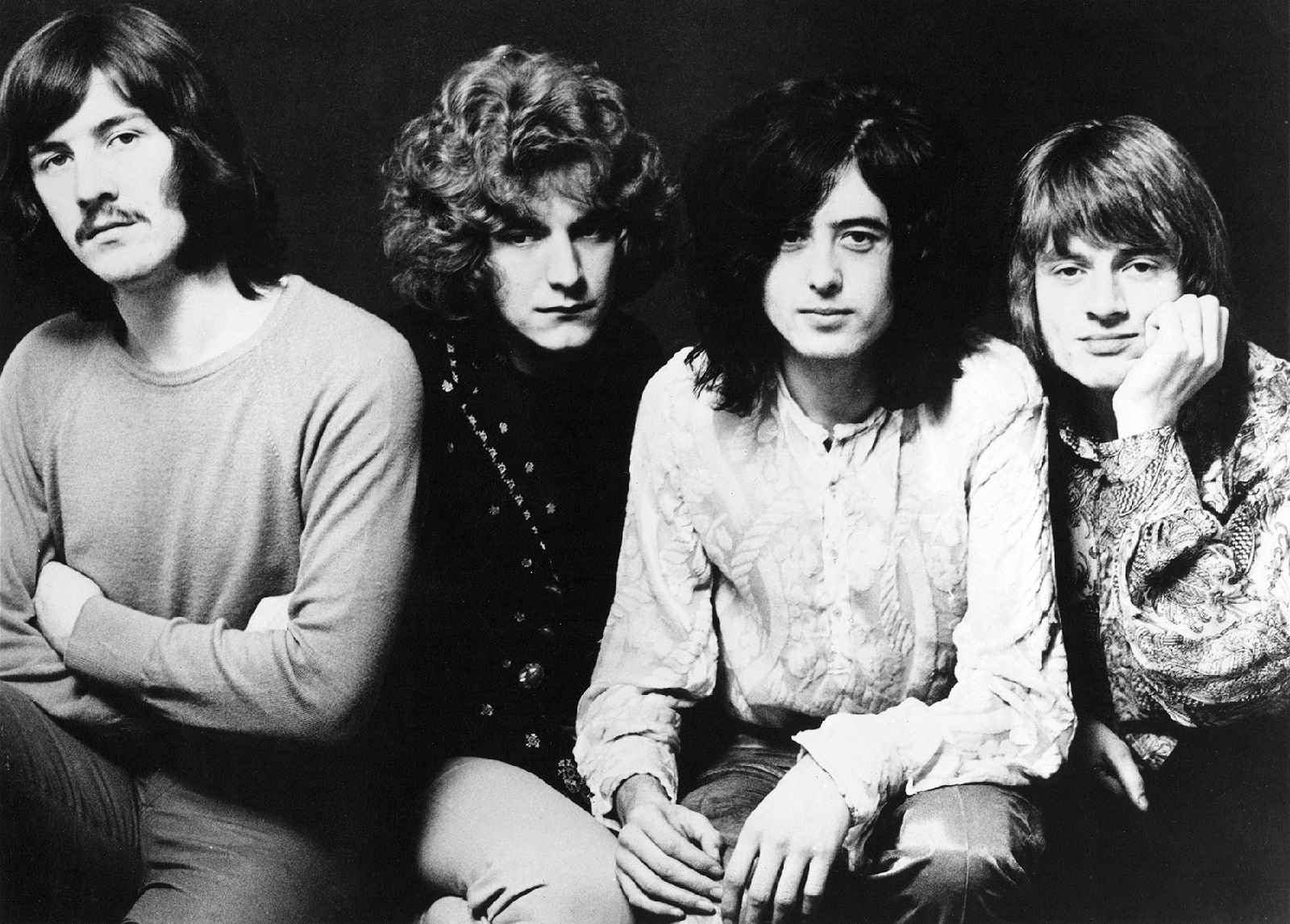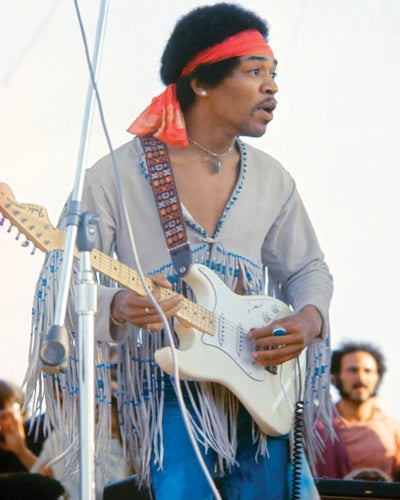Affinity Radio was formed as a hobby which has progressed into a professional internet radio station. We are online 24/7 playing music from the 60's, 70's and 80's. We have themed music shows every day. We broadcast from Aylesford and Rainham in Kent, United Kingdom
Friday, 29 November 2024
The Rise of Rock Music in the Late 60s: A Reflection from an Older Generation
Wednesday, 27 November 2024
Impact of Land Based Pirate Radio Stations
The Sound of Rebellion: Why Pirate Radio Was Born
While pirate radio stations had initially thrived at sea, particularly with the famous offshore stations like Radio Caroline, government crackdowns such as the Marine Broadcasting Act of 1967 soon forced those broadcasters off the waves. Yet, the appetite for non-mainstream music was only growing stronger. Audiences were hungry for soul, reggae, ska, funk, and new waves of electronic music that were either ignored or only sparingly featured on official radio.
In this cultural gap, land-based pirate stations rose, often run by self-taught engineers and passionate DJs who were willing to risk prosecution to give listeners an alternative. These broadcasters found ingenious ways to set up short-range transmitters across cities, turning garages, attics, and even parked vans into makeshift studios. London, Birmingham, Manchester, and other urban centers became hubs for these unauthorized stations. And with their energy, fearlessness, and intimate knowledge of underground music, they made pirate radio a lifeline for those craving an authentic, unfiltered sound.
Setting the Scene: Life Inside a Pirate Radio Station
Imagine a small, dimly lit room in a high-rise building in London. A cracked window lets in a sliver of neon glow from the street below, and the faint hum of city life fills the background. The walls are lined with egg cartons for soundproofing, and makeshift tables support an array of worn-out vinyl, cassette decks, and an eclectic collection of speakers. Here, DJs, some barely out of their teens, lean over turntables, flipping through records with passion and precision.
They might play a soul track followed by a reggae anthem, mixing seamlessly, talking directly to their listeners, calling out the names of local neighborhoods or events. For the audience, this was more than music—it was a direct conversation. These DJs would often share messages from listeners, shout-outs for birthdays or upcoming gigs, making the experience intensely personal and connected.
 |
| DIY Radio Transmitter |
The Authorities Crack Down
Operating outside the law, land-based pirate radio stations were constantly under threat. British authorities viewed them as a challenge to the regulated broadcasting system and launched regular raids to shut down transmitters and arrest operators. The stations were labeled as a public nuisance, accused of causing interference with official channels, and their activities were criminalized. This led to frequent raids by the Post Office engineers and later the Radio Investigation Service, who would locate transmissions using signal detectors and shut down stations, often confiscating equipment and levying fines on those caught.
But even as the government tried to clamp down on these pirate stations, the spirit of the movement persisted. Some stations would be back on air mere hours after a raid, having relocated to a new secret location with equipment stashed away just for such emergencies. They became adept at eluding authorities, using short, precise broadcasts, and always staying one step ahead. For every station that was shut down, several others would rise, like Radio Invicta, DBC (Dread Broadcasting Corporation), and Kiss FM—all icons of the pirate scene.
The Sounds of Pirate Radio: Creating a Cultural Legacy
The DJs who ran these stations were passionate advocates of the music they loved and felt personally responsible for introducing it to a wider audience. Pirate radio stations played a vital role in promoting not only the music but the culture that came with it. Reggae, dancehall, jungle, hip-hop, and emerging electronic music genres found a home on pirate airwaves, long before they reached commercial radio.
Some DJs became local legends, known for their incredible taste in music and fearless attitude. They played artists and records that weren’t yet known to mainstream audiences, giving a platform to talent that might have otherwise been overlooked. For the communities listening, these broadcasts weren’t just about music; they represented cultural pride, a voice for the disenfranchised, and a rallying point for social unity. In areas with large immigrant populations, stations like DBC resonated deeply, reflecting the sounds and stories of communities that felt marginalized by mainstream British media.
 |
| London roof based pirate radio antena |
The Influence and Enduring Legacy of Pirate Radio
The impact of these pirate stations was undeniable. By the 1980s, the landscape of British radio was undergoing a seismic shift, influenced by the relentless creativity and popularity of pirate radio. Eventually, some of the most popular pirate stations, such as Kiss FM and Radio Jackie, were granted official licenses, becoming part of the legal broadcasting world. The music industry, too, recognized the power of these underground channels, as artists who gained exposure through pirate stations became part of the mainstream.
These stations gave birth to a generation of DJs and broadcasters who would go on to transform the media industry. Figures like Tim Westwood and Jazzie B, who started on pirate stations, would eventually become fixtures on official channels, bringing with them the raw, unfiltered style they had perfected on pirate radio. Today, many of the genres popularized by these pirate stations remain at the heart of British music, with grime, UK garage, and drum ‘n’ bass tracing their roots directly to pirate radio culture.
Pirate Radio Today: Echoes of a Revolution
While the golden age of land-based pirate radio has faded, its legacy endures. In an era of digital streaming, podcasts, and social media, the renegade spirit of these stations lives on in new forms of independent broadcasting. Yet the original pirate radio stations stand as a testament to the power of passionate voices refusing to be silenced. They weren’t just transmitting music; they were broadcasting culture, identity, and resistance.
The DJs, engineers, and loyal fans who built the pirate radio movement did so in defiance of the restrictions that sought to keep music and voices homogenized. And in doing so, they brought the sounds of the streets to the people, forever transforming the airwaves. The underground studios may have vanished, but the memories of that era remain, reminding us of a time when a simple transmitter, a stack of records, and a sense of daring were all it took to change the cultural landscape of Britain.
Dave Kelly Passes the Torch: A New Era for Affinity Radio Kent
After nearly 15 years at the helm, Dave Kelly has officially handed over the reins of Affinity Radio to the new Affinity Radio Kent team. T...

-
After nearly 15 years at the helm, Dave Kelly has officially handed over the reins of Affinity Radio to the new Affinity Radio Kent team. T...
-
A Simple Guide for Music Lovers of the 60s and 70s If you grew up with the iconic tunes of the 1960s and 1970s, you’ll know just how magica...
-
Ah, the late 1960s. What a time it was to be young in Britain. It was an era defined by social change, cultural experimentation, and an elec...







